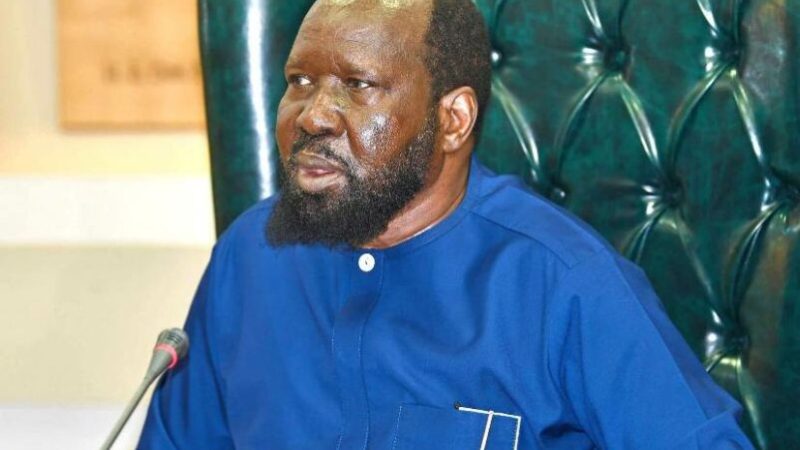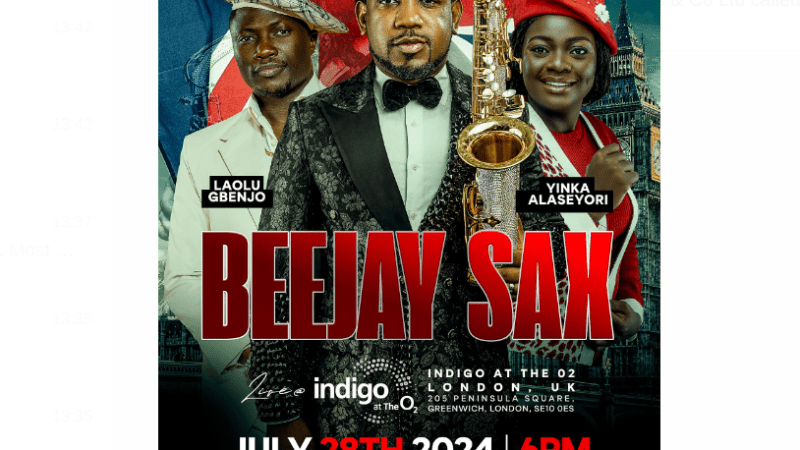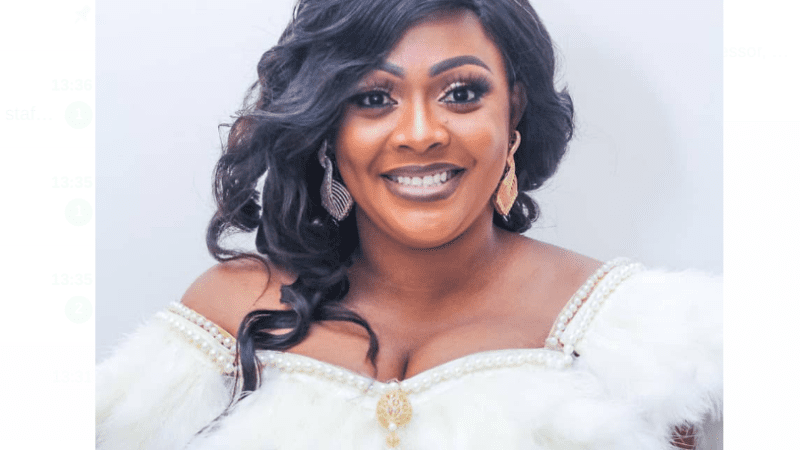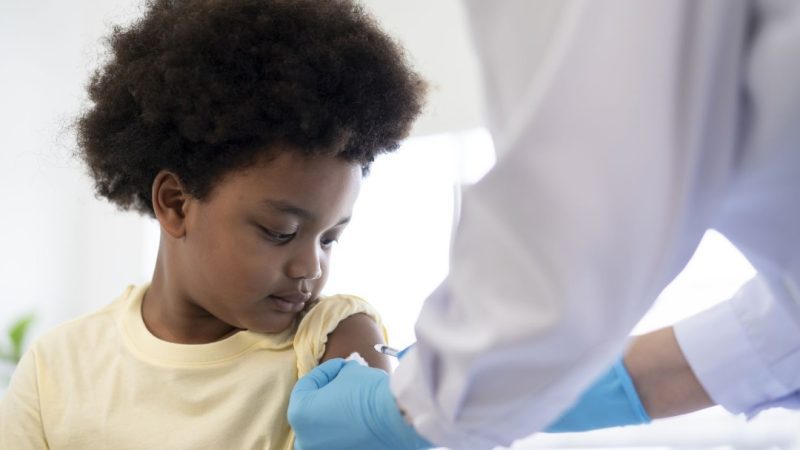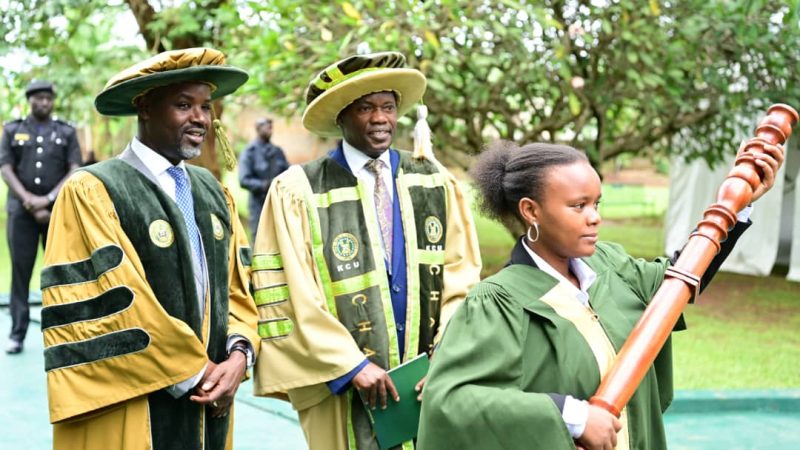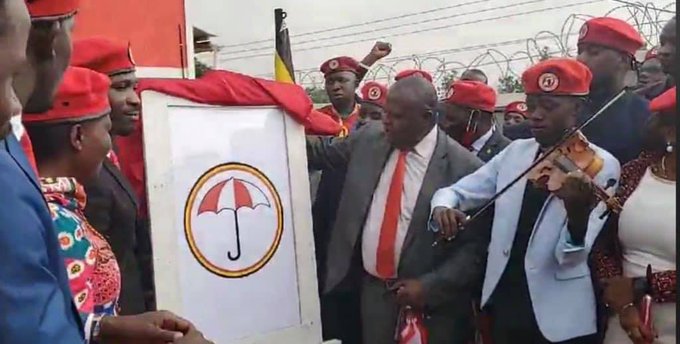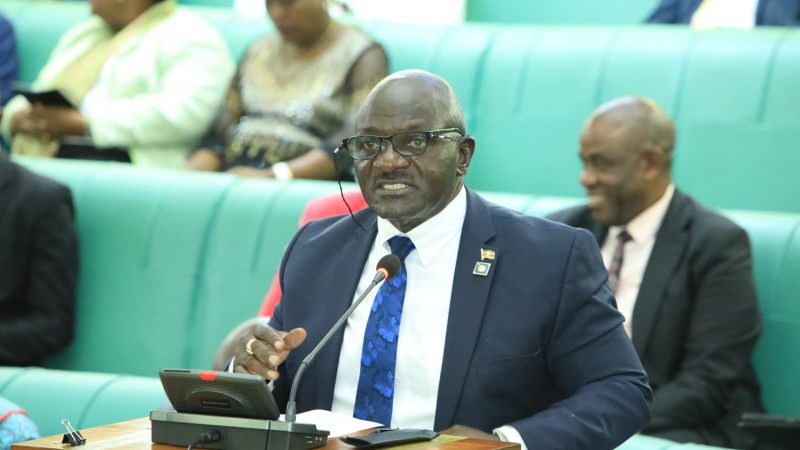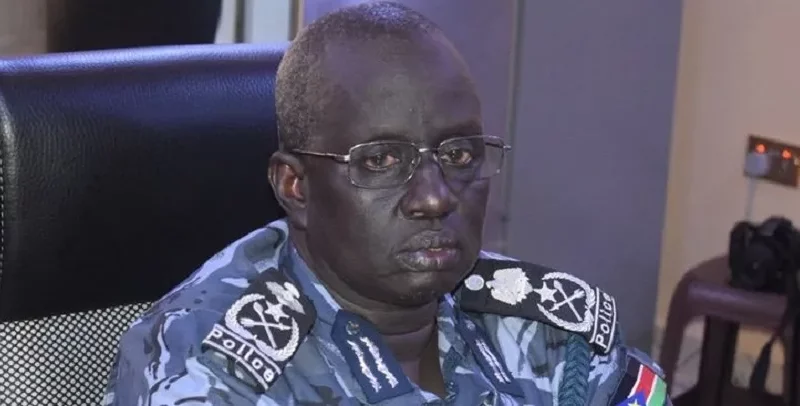Days after the People Power Movement unveiled a new political wing, the National Unity Platform(Nup), political players and observers have already punched holes in the survival of the new marriage between the two political factions.
While appearing on a local television talk show on Thursday, the government spokesman Ofwono Opondo described the new formation as a dead body picked from the mortuary.
“They (people power) went to the mortuary picked a dead body of 2004 (NUP) hoping to resurrect it. I have understood People Power more as a blowing wind. They now have a UNEB centre, we shall now have assets there. We shall know how to deal with it,” Opondo said.
“Some people want to think that NUP is such a big force. It’s not responsible for the changes at the Electoral Commission Just like it wasn’t the cause for the changes at URA,” Opondo added.
But How Did The Marriage Between NUP and People Power Happen So fast?
In the early days of May, an irregular visitor winked at the Kyadondo East MP, Robert Kyagulanyi, alias Bobi Wine. On a plastic seat outside the grey coloured conference room of a former youth centre, Asuman Basalirwa, Jeema’s party president, adjusted sets of papers in a brown envelope as he waited to be attended to by Bobi Wine.
He had come as Basaliwara and a team of advisers would later find out, to ask for the legislator’s support in the Bugiri by-election in which the Forum For Democratic Change (FDC) supported Ms Eunice Namatende over him.
Basalirwa wanted to get into the race with FDC’s backing but without it, he would need to re-calculate.
Kyagulanyi had won in Kyaddondo East without FDC’s backing. What had propelled him then was a cocktail of endorsements from NRM stalwarts, rebel MP, who defied their party structures and a host of newcomers on the political scene.
Months later, Kassiano Wadri (Mp Arua Municipality), in the same predicament – denied the FDC flag – called on Bobi’s support and it became evident that the movement, albeit unstructured, had gained a foothold in the political establishment of Opposition politics.
In both elections, Bobi Wine’s campaign team headed by Tony Sempebwa had secretly filed reports indicating the hurdles they faced.
Top of both Bugiri and Arua polls’ reports was the fact that separate symbols for the candidates cost them, voters, despite registering wins.
In the kitchen cabinet of People Power too, was a growing worry that the politicians Bobi Wine had campaigned for, did not, in turn, return the favour.
For example, Bobi had lent his prominence and support to the youth wing of the Democratic Party (DP)– the Young Democrats. Over three gatherings, the Young Democrats emerged as a formidable wing in the party.
They staged party events of reunion and crowned them off with speeches from Bobi. The Young Democrats though were a bastion of opposition to Norbert Mao’s presidency.
To tame the growing prominence, Mao called off all engagements and turned the faction against him. The party revived old rivalry between Bobi Wine and Joseph Mayanja, alias Jose Chameleone.
As days passed, Wadri and Basalirwa increasingly became absent at People Power events. Whatsapp Messages from Kyagulanyi were always left on blue tick.
“We had always had a debate on whether we needed a party but it was not proper at the time,” David Lewis Rubongoya, the NUP party secretary-general, said.
“People Power was a movement that united people across platforms but drawing closer to the elections, they would need a similar symbol at the polls,” he added.
It became a matter of when, not if, for People Power to form a political party.
“Many parties had already approached us,” Rubongoya said.
“These included DP, Jeema and a little known National Unity Reconciliation and Development party (NURDP),” he added.
NURDP had been formed in 2004. Its founder, Moses Nkonge Kibalama, bore its early brunt. When he approached People Power in early June 2019, he had hoped to get into an alliance.
The choice of the party, thus, had to be of low prominence but headed by a person the movement could entrust with their future and keep a secret.
“We chose the party because we shared similar values. We stood on similar objectives of unity,” Rubongoya said.
By July 2019, as the People Power movement put together a list of national coordinators, it was known to its select members that the political party takeover was in the pipeline.
The movement was worried, a source that preferred anonymity revealed, telling the covert move to legislators in the movement would attract state scrutiny and potential blocking.
“We were also worried about the loyalty of the MPs from other parties,” the source added.
At the beginning of July, Bobi Wine secretly bankrolled Kibalama to change the party name with the Electoral Commission (EC) and thereafter to run an advert in the papers for a delegate conference where he would be declared president and the party symbols changed.
“Yes, we had a delegates conference some weeks before this announcement. When the EC officially stamped the name change, we held the delegates conference and took those resolutions,” Rubongoya said.
The final hurdle would then come on Thursday last week when the paperwork bearing Kyagulanyi’s name would be presented to the EC.
The electoral body spent a weekend with the paperwork and only called back Kibalama on Monday to pick stamped papers.
Central to the move of registering the party was to get a harmonised symbol for all candidates using the movement.
A new party would later be introduced to the public eye on Monday, July 22 at the People Power Movement secretariat offices amid excitement and chants of victory by the People Power Members.


